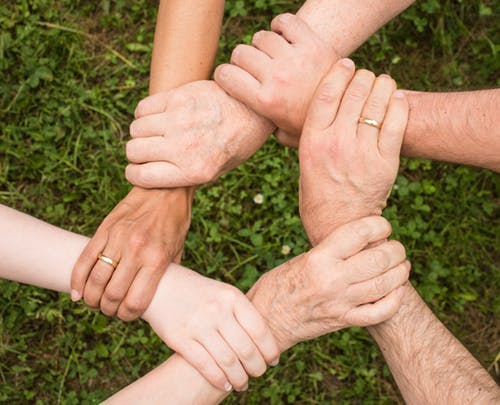How parents can prevent addiction in their children
Parents have a pivotal role to play when it comes to helping their children stay away from addictive habits.
Children who are not under the guidance of their parents are likely to get influenced and start abusing substances or practicing harmful behaviors that can make them addicted.
Therefore, the onus falls on parents to help their children live a healthy lifestyle that will keep addiction at bay.
Here are some ways parents can use to prevent addiction in kids
Educate their kids
One of the best things that parents can do for their kids is to educate them about everything addiction-related. When kids are taught something, they usually take it to heart, especially if it is from people they trust.
Hence, break down addiction into the simplest terms to ensure that your children understand. This will make it easier for them to make decisions when they see some of the signs outside.
Know their peers
Another way to prevent addiction in children is to know the friends that they are hanging out with. Most times, when people get addicted, it is usually due to their peers.
Many addicted adults started as children and teenagers, and it was difficult for them to break free because it was a habit they developed from childhood.
Therefore, watch out for the friends that your children have because it can make or mar their health.
Avoid movies, video games, and TV programs that promote addiction
If you observe the content on the media, you will observe that some vices are subtly pushed to the general public. Therefore, you need to be careful about what your children feed their eyes and brains on so that they would not develop any addictive habits.
To wrap up, when teaching your children about how to prevent addiction, teach them how to say No. Allow them to identify the signs that can make them develop addictive habits. Additionally, ensure that they are exposed to the right content online and offline.





